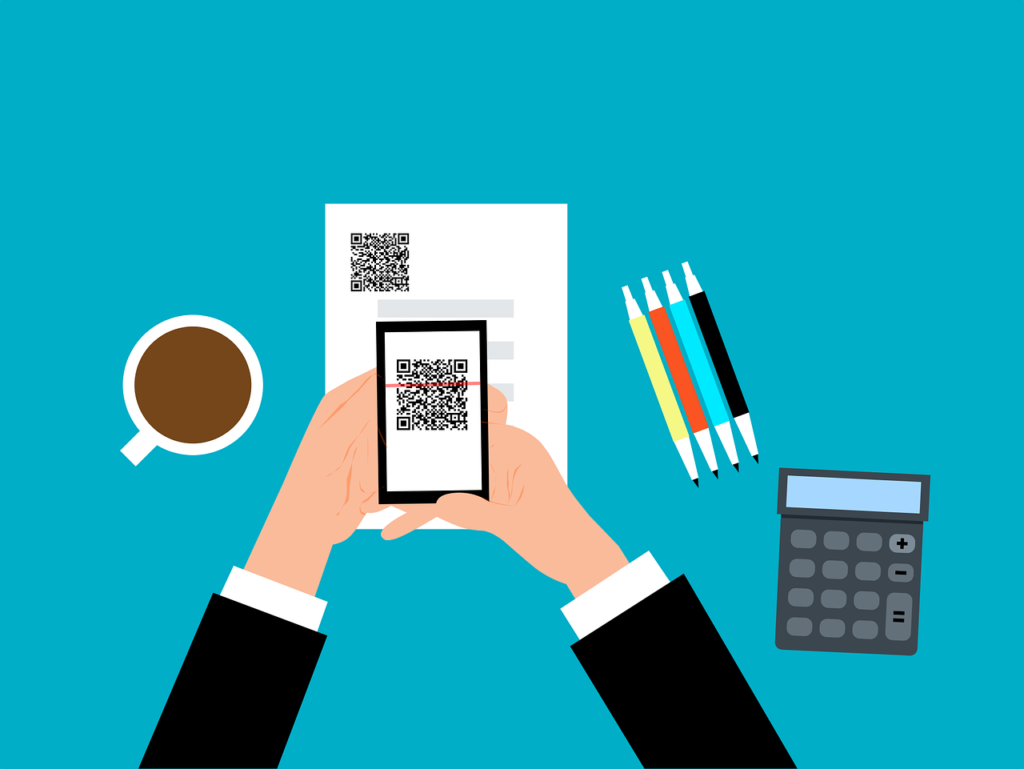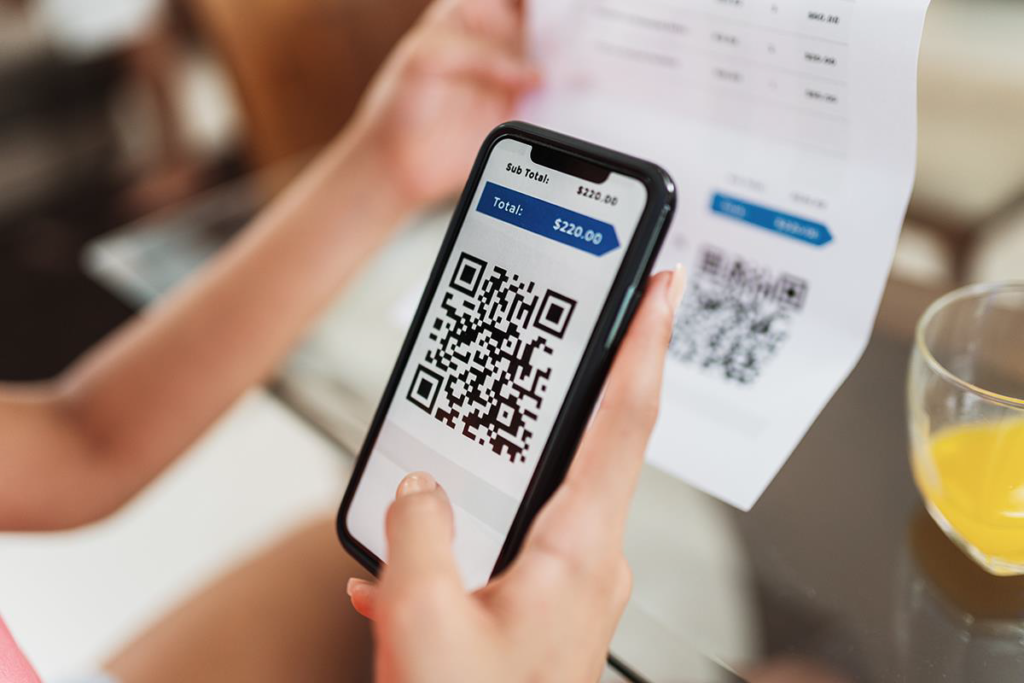QR codes are found everywhere these days. They pop up on restaurant menus, flyers, and posters, both online and offline. They’re simple to use: just scan them with your smartphone camera, and you’re instantly directed to a link, a coupon, a video, or other online content.
However, with the growing popularity of QR codes, there’s a dark side emerging. Cybercriminals are taking advantage of this technology for their own gain. They create fake QR codes to steal personal information, infect devices with malware, or trick people into paying money.
It’s essential to be cautious when scanning QR codes, as this scam reveals the potential dangers lurking behind these seemingly innocuous squares.

The QR Codes Comeback
Initially used for tracking parts in the automotive industry, QR have made a comeback in recent years. They’re now used for marketing purposes, offering instant access to information with a simple scan. Various industries, including retail and hospitality, have embraced QR for their convenience.
Unfortunately, cybercriminals are adapting quickly to this trend. A new phishing scam has emerged, exploiting the trust people place in QR codes.
How the QR Codes Scam Works
In this scam, scammers create fake QR codes and overlay them onto legitimate ones. For example, they might stick a fake QR code on a poster advertising a product discount. Unsuspecting individuals scan these codes, believing them to be genuine. However, the fake code may redirect them to a phishing website.
These fraudulent sites often ask users to enter sensitive information, such as credit card details or login credentials.
Additionally, scanning the QR code may prompt the download of a malicious app containing malware, compromising the user’s device security.
Concealed Malicious Codes
Cybercriminals employ various tactics to hide malicious content within legitimate QR codes. They may add fake stickers or overlays to redirect users to fraudulent websites or download malware onto their devices.
Beware of Fake Promotions and Contests
Scammers frequently use QR to lure users with fake promotions or contests. Upon scanning the code, users may be directed to counterfeit websites prompting them to provide personal information, leading to potential identity theft or financial fraud.
Preventing Malware Distribution
Some malicious QR codes initiate the download of malware onto users’ devices, compromising their security and personal data
Staying Vigilant: Tips for Secure QR Code Scanning
Verify the Source
Exercise caution when scanning QR codes from unfamiliar sources. Ensure the legitimacy of the code and its origin, particularly if it requests personal information.
Use a Dedicated QR Code Scanner App
Consider using a specialized QR code scanner app instead of your device’s default camera app. Third-party apps may offer additional security features, such as code analysis and website reputation checks.
Inspect the URL Before Accessing
Before visiting a website prompted by a QR code, carefully review the URL to ensure it corresponds to the legitimate website of the associated organization.
Avoid Suspicious Codes
Trust your instincts and refrain from scanning QR codes that appear suspicious, damaged, or tampered with. Scammers often prey on users’ curiosity, so exercise caution in public settings.
Keep Your Device and Apps Updated
Regularly update your device’s operating system and QR scanning apps to install security patches and protect against known vulnerabilities.
Exercise Caution with QR Code-Linked Websites
Avoid entering personal information or making payments through websites accessed via QR codes. Stick to trusted and secure payment methods to safeguard your financial information.

Reach Out to Us for Phishing-Resistant Security Solutions
While QR codes offer convenience, they also pose risks if not handled carefully. Protect yourself from potential scams by scanning QR with caution. If you need assistance in enhancing your device’s phishing resistance, don’t hesitate to contact us. Reach out today to explore our comprehensive security solutions.
We at 911 PC Help are here to assist you in safeguarding your digital presence and ensuring a secure online experience. If you have any questions or concerns, feel free to reach out to us. Your security is our priority.
